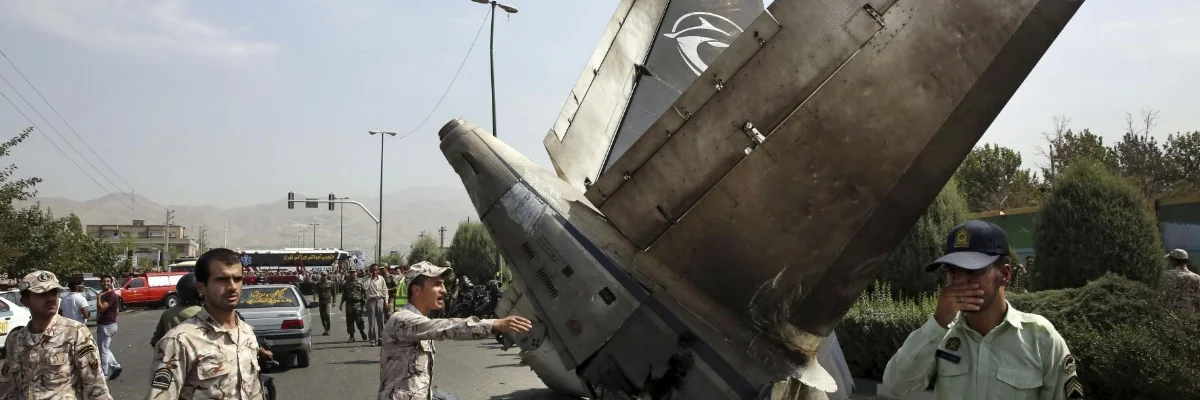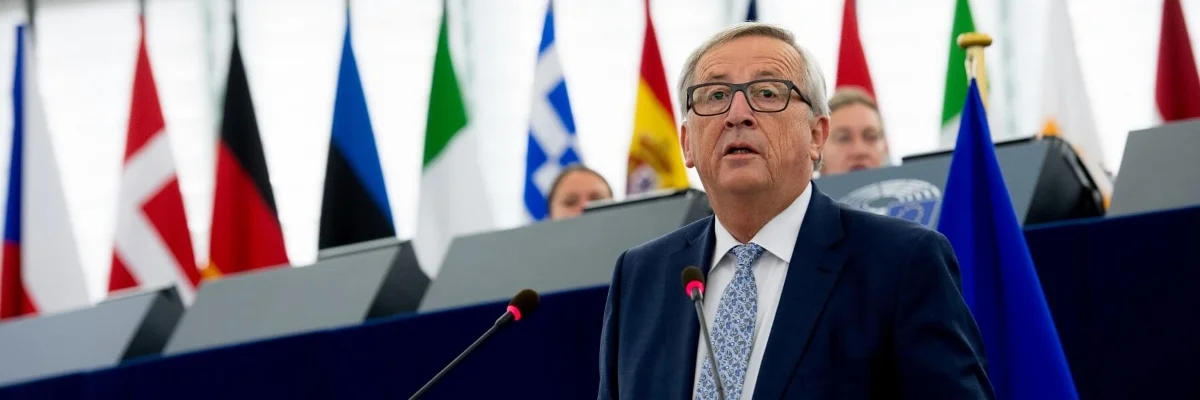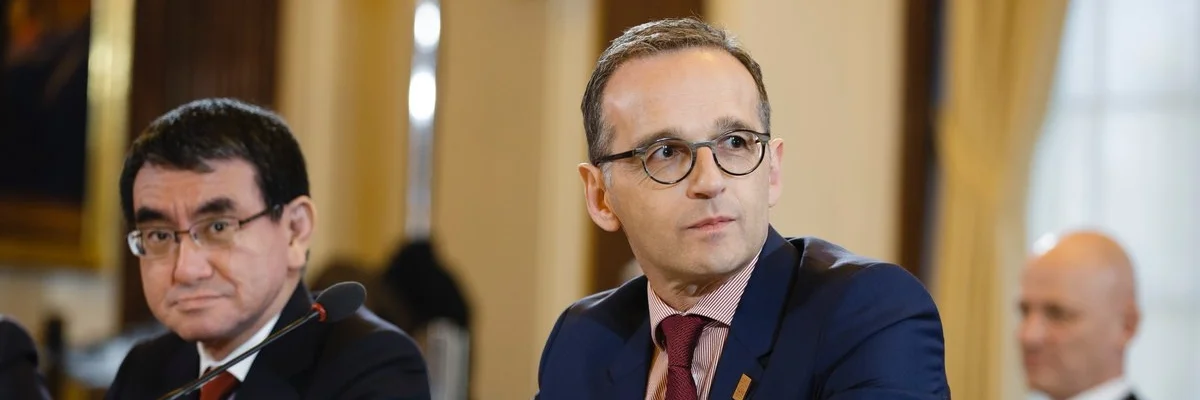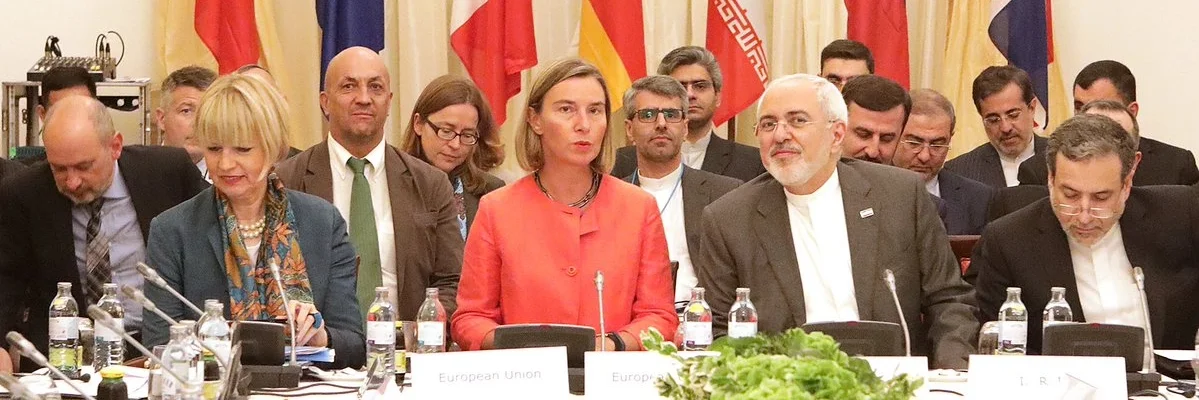◢ Ostensibly, Iranian President Hassan Rouhani’s visit to Iraq was meant to deepen economic ties between the two neighbors, historically divided by political and sectarian enmities as much as they are connected by geography. Only one Iraqi leader could have kept Rouhani at arm’s length: Grand Ayatollah Ali al-Sistani, But he didn’t. The audience he gave the Iranian president says as much about Sistani’s own political adventurism as it does about Iraq’s subservience to Iran.
asdasdasdasdasdasdasdasdasdasd





















